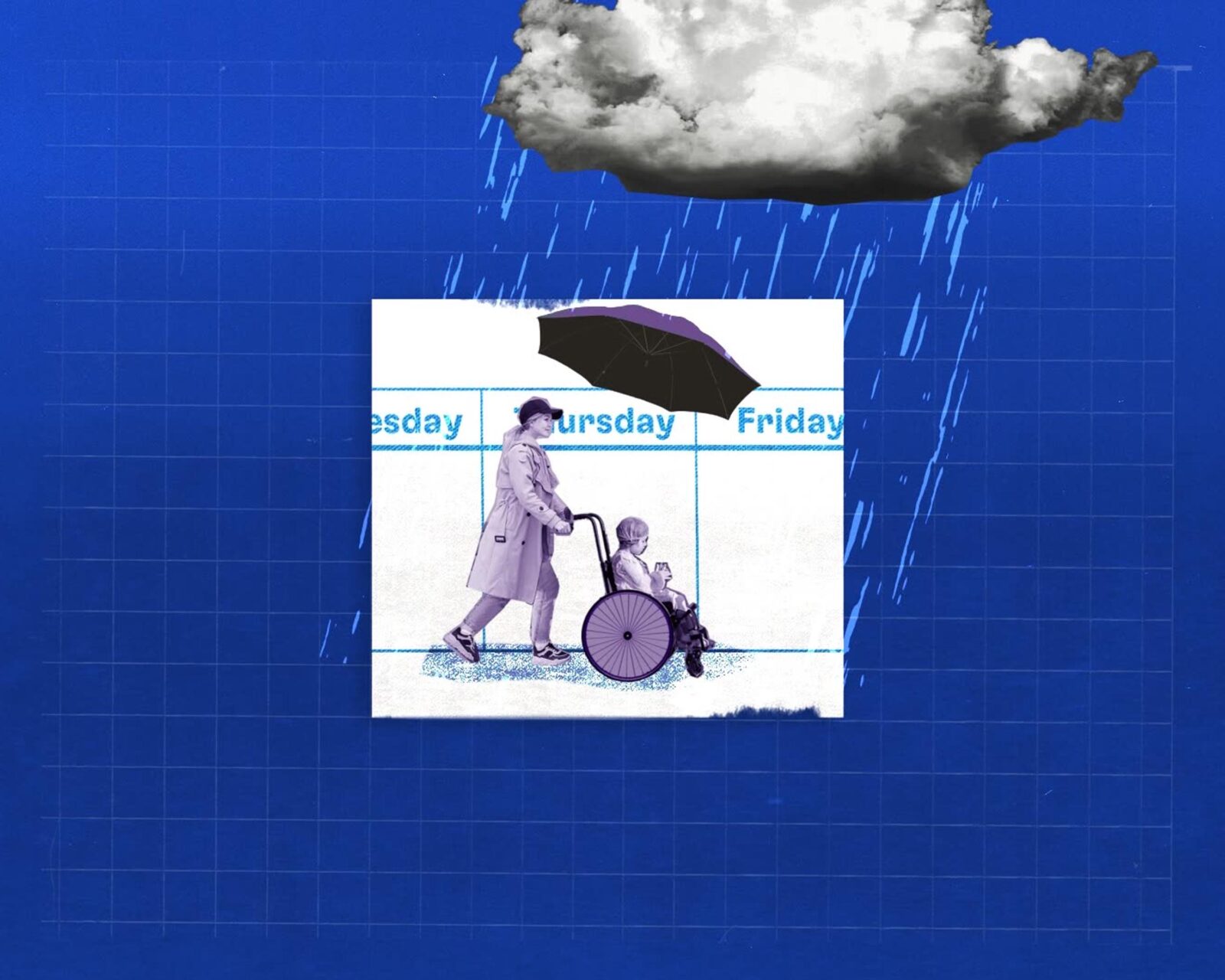Video Transcript
Narrator: Many human activities come naturally to us. Like breathing, drinking, eating. Some activities we actually learn, like walking, talking, and dancing. But what about dying? Do you know how to die?
Centuries ago, in the wake of the Black Plague, a text was published offering advice to help the living person prepare for a good death. Written during the late Middle Ages, ars moriendi—or The Art of Dying—made clear that to die well, one first had to live well. No one knows for certain who the author of this death manual was. In a time when death was knocking on everyone’s door, this manual would have offered people a roadmap to facing death and even experiencing a “good” death.
The Art of Dying explains that death is not something to fear. It then goes on to list the temptations that occur during someone’s final hours. The dying person, it explains, faces a lack of faith, despair, impatience, spiritual pride, and greed
This short book then goes on to explain questions one could ask they dying and ways to console the person. As well as covering ways friends and family should interact and behave in the presence of someone who is dying.
Dr. L.S. Dugdale, a specialist in medical ethics and the hospice treatment of older patients, came across the Ars Moriendi and found it was filled with advice even for a modern death. She argues far too many of us die poorly. Our modern society has taken the meaning and traditions out of the process of dying.
Hannah: Hi, my name is Hannah and I’m a professional obituary writer. Obituary is really a life story told after somebody passes away. It’s a Memorial that really, you know, a good obituary captures that person’s life in a really engaging and interesting and memorable way.
I think one of the biggest things I’ve learned is that, in the end, when someone passes love is all that’s left. Like all the other stuff, all the stuff that goes on in our lives, you know, the conflicts we have with people. All of that kind of falls by the wayside. And love is really what is left over and what people want to embrace in the end.
Narrator: We’d all rather not think about our death, but we would like to die “well” or “peacefully” or “happily”. Dr. L.S. Dugdale argues the principles of the Ars Moriendi still apply today if we’re seeking a good death.
One such practice that may help us prepare for death better is the ancient phrase “memento mori” which in Latin means, “remember your death.” It has roots in ancient philosophy and Christianity. And the phrase means that we should live each day by remembering that one day we too will die. This deliberate reflection on death, its purpose and meaning for our lives, helps us to live in a way that will prepare us for a good death.
Hannah: One thing I would say is probably preparing is key. I think that, a lot of people don’t prepare and they just don’t don’t really think about their own mortality a lot, and I think preparing so that your family is not left with all these duties is pretty important, you know, I’ve, I’ve dealt with so many families and really, I think they appreciate it so much when someone has taken the initiative to kind of pave the way for their own death in advance.
Narrator: For some today, a good death may mean a lack of suffering, or to be able to say goodbye to your family and friends. It also requires, as Dr. Dugdale argues, a sense of our own finitude, the embrace of community, and courageously confronting our fear of death.
Hannah: I’m a deeply spiritual person. So I do believe that there’s, there is purpose in death and that we go on. And I think love should be at the forefront. Because again, in the end, that’s what people will remember.
Narrator: As Ars Moriendi and Dr. Dugdale propose: “The art of dying well really starts with the art of living well.” And living so as to die should be something we can all do.




